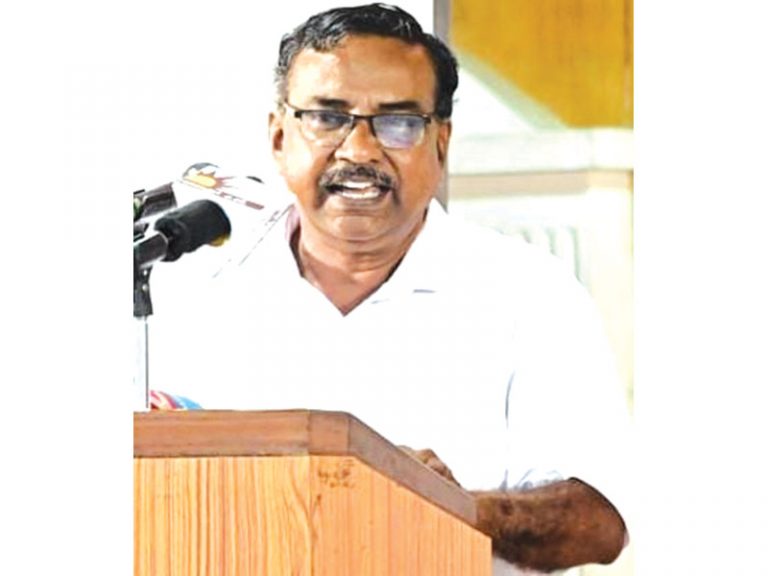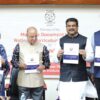Tamil Nadu: Tamil pride fallout
Shivani Chaturvedi (Chennai)
Tamil nadu’s education exceptionalism — the state’s DMK government wants to run its own NEET (National Eligibility cum Entrance Test) for admission into the state’s medical colleges, aspires to teach engineering undergrad and postgrad study programmes in Tamil and wants to be exempted from the three languages formula in K-12 education — is generating disillusionment within the state’s higher secondary system, the springboard for higher education.
In a report tabled in the state’s legislative assembly on April 21, the Comptroller and Auditor General (CAG) of India commented that enrolment in Tamil Nadu’s government secondary and higher secondary schools declined by 14.76 percent and 11.84 percent respectively during the period 2016-21. The report attributed this to factors such as poor infrastructure and teacher shortage.
The report said that although the state achieved a GER (gross enrolment ratio) of 94.20 percent and 78.60 percent at secondary and higher secondary levels in 2020-21 which compares favourably with the all-India average of 79.89 percent and 53.80 percent respectively, higher secondary level enrolments in aided and unaided private schools and other schools, increased by 3.97 percent during 2016-21.
However, the CAG report’s attribution of poor infrastructure and teacher shortage for the sad plight of the state’s 3,685 secondary and 4,339 senior secondary schools, has drawn mixed response from academics and education activists. “There is undoubtedly a growing teacher shortage in government schools. But to get enough quality teachers, they need to be paid well. Presently, teachers in government-run schools take home a modest Rs.12,000 per month. With too few takers, contract teachers lacking adequate subject knowledge are signed up to teach children. This situation is getting worse and has adversely impacting enrolments in government schools,” says Prince Gajendra Babu, general secretary of the State Platform for Common School System, Tamil Nadu, adding that 18,862 teachers’ posts are vacant in government schools.
To arrive at its conclusions about poor infrastructure, CAG personnel sampled 108 government schools and reported a 44 percent shortage of classrooms in 48 schools equivalent to 227 classrooms. Consequently, it’s not unusual for classes to be conducted in the open, under the shade of trees, under-construction buildings and makeshift classrooms. Statewide, the CAG report estimates the shortage of classrooms at 11,711.
However, some educationists contest CAG’s conclusions that poor infrastructure and teacher shortage are the prime causes of declining standards in government schools. “It is not as if all private schools have good infrastructure. Small private schools in rural areas are run in small houses and yet attract a sizeable number of children. Infrastructure development is an ongoing process for all schools. However, the teacher shortage is real. In all, there are 45,000 vacancies across the state in primary, secondary and higher secondary schools and a large number of high schools function with one or two graduate teachers. For the enrollment decline, one also needs to look at long-term demographic data such as rural-urban migration,” says Aruna Rathnam, a former education and child protection specialist at Unicef, Chennai, and member of the Murugesan Committee, constituted to formulate the state education policy.
Yet the elephant in the room that CAG and other reports side-step is the Tamil pride policy of the DMK and predecessor governments. In government schools, Tamil is the medium of instruction with English taught as the second language (and Hindi mandated under the three-languages formula not taught at all). In private schools, it’s the other way around, i.e, English is the medium of instruction. Although politicians don’t seem to be aware, every upwardly mobile household countrywide wants their children to be proficient in English, the link language of India, of the courts, business and international communication.
Tamil pride is all very well. But parents aren’t ready to bet their children’s future on it. That’s why the falling enrolment of Tamil Nadu’s government schools.

















Add comment